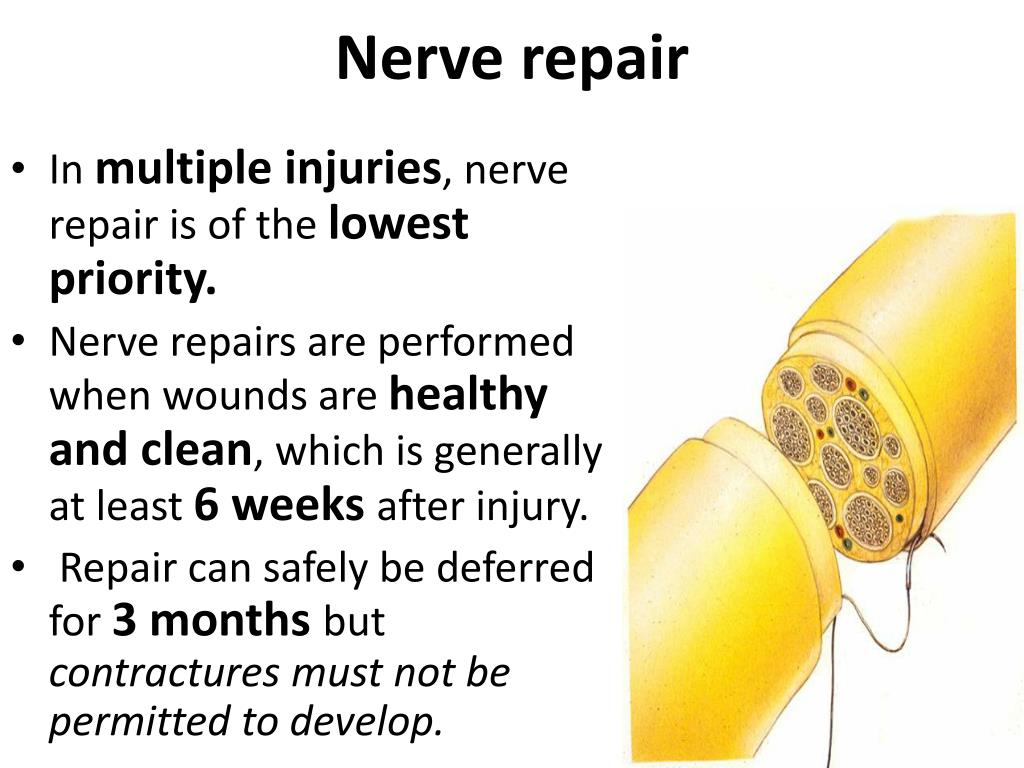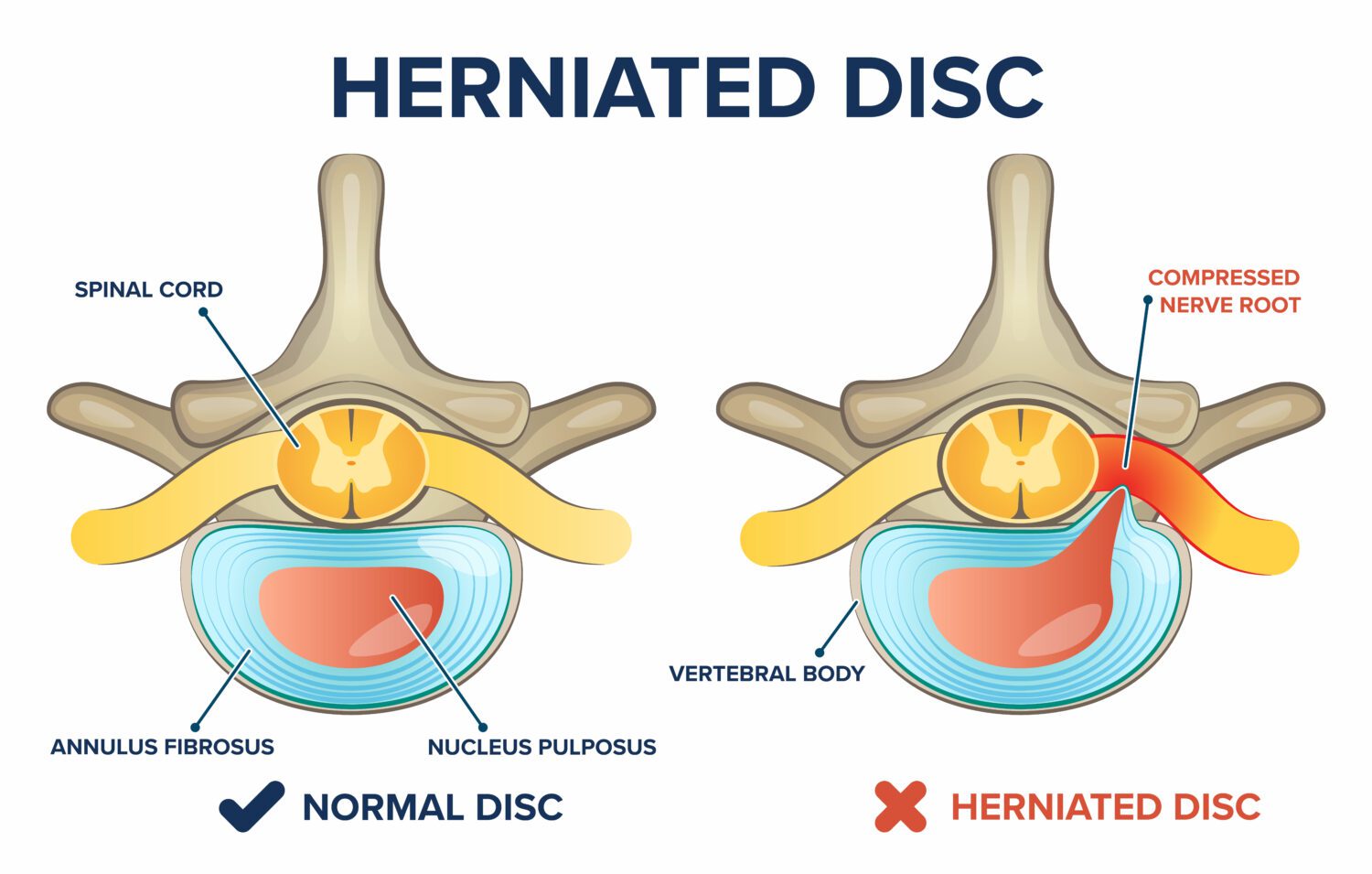Nerve pain, also referred to as neuropathic pain, is a chronic condition that can significantly impact an individual’s quality of life. It is caused by damage or dysfunction in the nervous system, leading to the sensation of pain that may be sharp, stabbing, or burning. Managing nerve pain can be challenging, but various strategies can be employed to help neutralize its effects.
One approach to neutralize nerve pain is through medication. Doctors may prescribe certain medications such as non-steroidal anti-inflammatory drugs (NSAIDs), opioids, or antidepressants to help alleviate the pain. These medications work by blocking pain signals or altering brain chemistry to reduce pain perception. However, it is crucial to work closely with a healthcare professional to determine the most suitable medication and dosage, as these drugs can have side effects and may interact with other medications.
In addition to medication, physical therapy can play a vital role in managing nerve pain. Techniques like transcutaneous electrical nerve stimulation (TENS) and ultrasound therapy can help modulate pain signals and promote healing. Physical therapists can also develop personalized exercise programs to improve strength, flexibility, and overall function, reducing the impact of nerve pain on daily activities.
Other non-pharmacological interventions for nerve pain include acupuncture, relaxation techniques, and biofeedback. Acupuncture involves the insertion of thin needles into specific points of the body to stimulate nerve function and promote healing. Relaxation techniques such as deep breathing, guided imagery, and meditation can help reduce stress, which can exacerbate nerve pain. Biofeedback uses electronic devices to monitor physiological responses and teaches individuals to regulate their own physical responses to manage pain.
In some cases, surgical interventions may be necessary to address the underlying cause of nerve pain. Surgical procedures, such as decompression surgeries or nerve stimulation, aim to release pressure on nerves or disrupt pain signals.
Overall, a multidisciplinary approach combining medication, physical therapy, and complementary therapies is often the most effective way to neutralize nerve pain. It is essential to work closely with healthcare professionals to develop an individualized treatment plan that addresses both the physical and psychological aspects of nerve pain. With proper management, individuals with nerve pain can experience significant improvements in their symptoms and regain control over their lives.
How long does it take for a damaged nerve to heal?
Regeneration time depends on how seriously your nerve was injured and the type of injury that you sustained. If your nerve is bruised or traumatized but is not cut, it should recover over 6-12 weeks. A nerve that is cut will grow at 1mm per day, after about a 4 week period of ‘rest’ following your injury.

Is cold or heat better for nerve pain?
Nerve Pain Pain caused by conditions such as sciatica respond well to ice or cold treatments because that temperature tends to calm inflammation and numb any soreness in the tissue. It’s best to use cold when the pain is still sharp and move on to heat once that sharpness has subsided.
What stops nerve pain immediately?
Your doctor may prescribe medications like pain relievers, anti-convulsants, or anti-depressants. Painkilling gels and lidocaine patches also work well to target specific areas. If the pain is intense, electrical stimulation can be used to block the signal coming from the nerve.
Does nerve damage ever fully heal?
Nerve cells can regenerate and grow back at a rate of about an inch a month, but recovery is typically incomplete and slow. This is a complete nerve injury, where the nerve sheath and underlying neurons are severed. If there is an open cut, a neurosurgeon can see the cut nerve ends at surgery and repair this.
What is the fastest way to heal a herniated disc?
Self care: In most cases, the pain from a herniated disc will get better within a couple days and completely resolve in 4 to 6 weeks. Restricting your activity, ice/heat therapy, and taking over the counter medications will help your recovery.
What activity restrictions for herniated disc?
– Sitting too much. Sitting puts more stress on your spinal discs, especially when slouching forward in a seat. …
– Doing laundry. …
– Vacuuming. …
– Feeding a pet. …
– Strenuous exercise. …
– Shoveling snow or gardening.

What shouldn’t you do with a herniated disc?
– Sitting too much. Sitting puts more stress on your spinal discs, especially when slouching forward in a seat. …
– Doing laundry. …
– Vacuuming. …
– Feeding a pet. …
– Strenuous exercise. …
– Shoveling snow or gardening.
What not to do with a herniated disc?
– Sitting too much. Sitting puts more stress on your spinal discs, especially when slouching forward in a seat. …
– Doing laundry. …
– Vacuuming. …
– Feeding a pet. …
– Strenuous exercise. …
– Shoveling snow or gardening.

What exercise is best for herniated disc?
– Spinal Decompression. …
– Cobra Pose. …
– Cat-Cow. …
– Standing Extension. …
– Bird- Dog.

